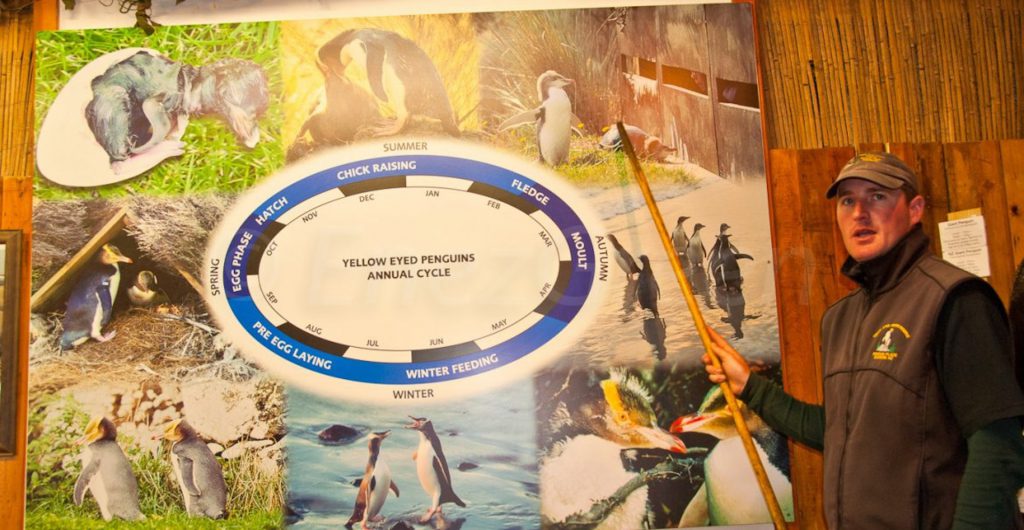Pioneer in island ecological restoration,the DOC manages one third of New Zealand total land area
Since the early 90s, the New Zealand specifically included environmental protection in its policy objectives. Prime Minister of the country from 1999 to 2008, Helen Clark, from the Labour Party, stands out for its environmental commitment by giving priority to the protection of biodiversity. Created in 1987, the DOC (department of conservation) manages most of the land of New Zealand crown, equivalent to nearly a third of the total area of the country!
These protected areas include 14 national parks, marine reserves, nearly 4000 reserves, rivers, forests, some ribs, several hundred wetlands and numerous islands. Protected areas that are now reaching 32% of the surface of its land territory and 7.5% of maritime. According to the report of the OECD “environmental performance reviews in 2010” is one of the best in the OECD countries rates. The country plays a prominent role internationally recognized in the field of the management of parks and protected areas.
DOC is also pioneer in ecological restoration of the islands of eradicating introduced species (cats, rats, goats, ferrets…) and reintroduce native species.
Learn how Te Rere reserve enabled to save yellow eyed Penguin
The DOC has only 637 forest rangers left, whose numbers fell 20% in 7 years
Yet despite the return of kea, Tieke and other Kakapo once on the brink of extinction, a species of another genus oh so essential for the proper balance of kiwi environment is threatened. DOC rangers are being scarce, their number has decreased by 20% over the last seven years.
This decline has had worrying consequences in terms of actions that the DOC failed on five of the ten measures against invasive species and weeds. The decline of endemic species is a big problem for New Zealand.
In addition to presenting a risk to the long-term survival of the endemic flora and fauna, biodiversity crisis seriously threatens the reputation of the destination “100% green”.
Visitors who travel to NZ come to seek a true encounter with nature whose original purity is so often touted. With only 637 forest rangers on the ground, the DOC only effectively pursue its policy of restoration and protection of New Zealand’s natural heritage.
The rangers are threatened by chronic budget cuts DOC followed by a “restructuring” severe which led to some loss of expertise and performance. In 2009, the DOC budget was reduced by $ 46 million. In 2013, he recorded an additional loss of more than $ 8.7 million. This year, an independent expert found that it lost $ 41.8 million in funding.




